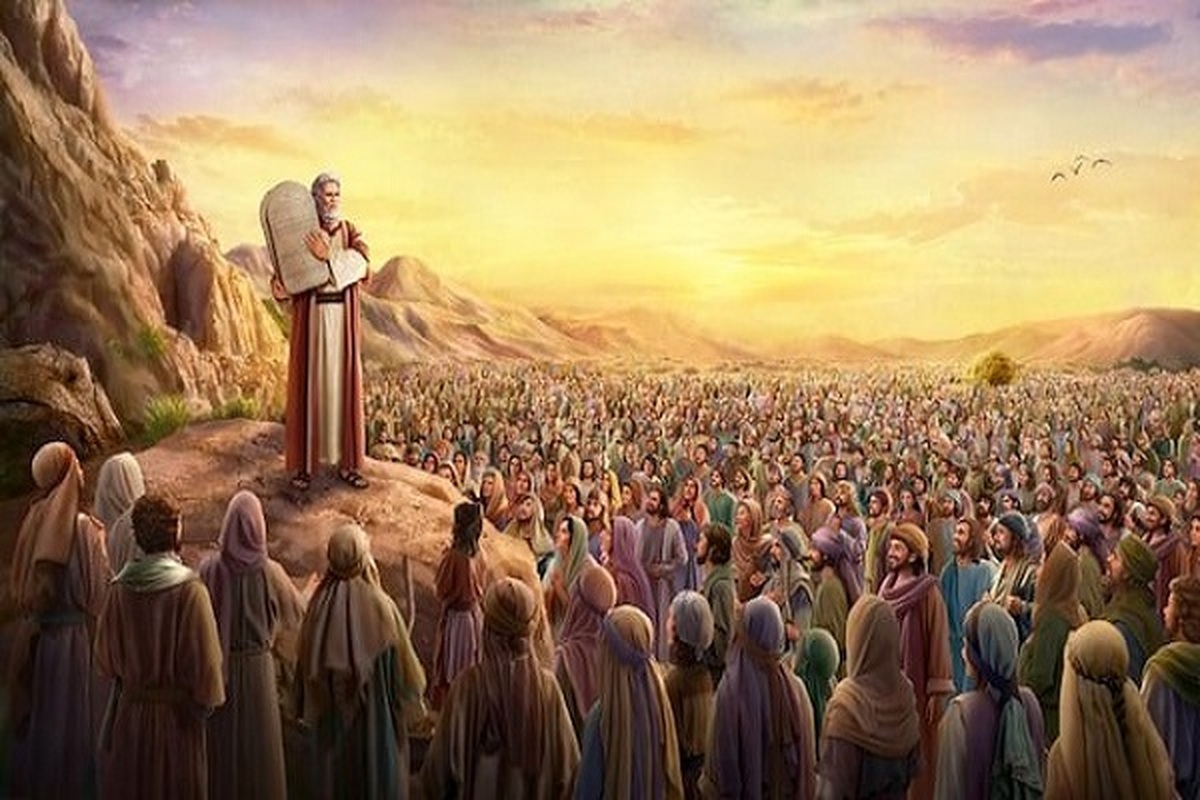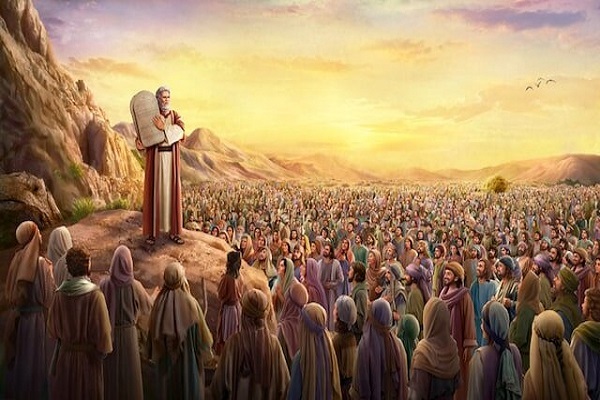Speaking at Proper Time in Story of Moses


In the field of education, too, the issue of time is very important because a teacher may say something at the wrong time and cause the student to take the wrong path.
If we fail to be in the right place at the right time, we may not be able to reach what fate is going to gift us. It can be said that any job will be successful if it is done in the right place at the right time.
People can be guided to the path of growth and guidance if they are treated well. Many a time however, bad treatments cause some people to get out of the path of guidance. That is why prophets of God paid attention to using the right time and place for guidance.
Teacher should realize that not in all conditions can one speak in the same style and form. Education management requires that one sometimes convey a message orally while sometimes it would be more effective to convey it in writing. Sometimes a message should conveyed passionately and at other times it should be in the form of a recommendation.
In the story of Moses (AS) in the Quran, we see that the way he speaks is not the same in different situations.
1- Speaking pharaoh
Pharaoh was the one who began confronting Moses and used all the means and forces available for that purpose.
“The Pharaoh returned to organize his plans and then attended the appointment.” (Verse 60 of Surah Taha)
At this stage where the plots and deceitfulness of pharaoh is clear, it is no time for concession.
Moses (AS) told him: “Woe to you if you invent falsehood against God; you will be destroyed by the torment. Whoever invents falsehood against God will certainly be lost.” (Verse 61 of Surah Taha)
2- In the face of Bani Isra’il
When Moses (AS) wanted to convey a divine order to his people, he started to prepare them emotionally so that they would be ready to accept the word of the truth:
“When Moses told his people, ‘Recall God’s favors to you. He made Messengers and Kings out of your own people and gave you what He had not given to others.’” (Verse 20 of Surah Al-Ma’idah)
He told his people that they should remember God’s favors and the fact that He gave them what He had not given to any other among the nations.
Moses (AS) underlined that being thankful for such a blessing is necessary and then told them: “Enter, my people, the Holy Land which Allah has written for you. Do not turn back in your footsteps, lest you shall turn to be losers.” (Verse 21 of Surah Al-Ma’idah)


